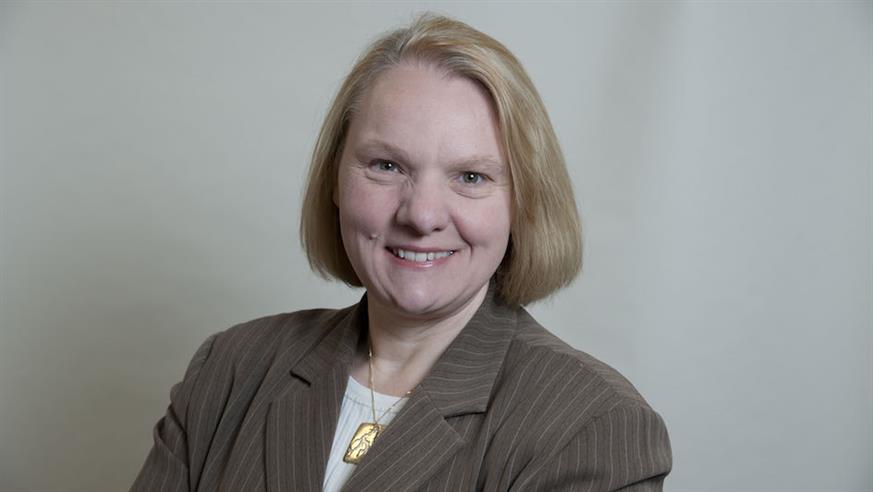
Image: Dr Angela Kukula
Read more in this series
One of the Government’s major policy drives in recent years has been to ensure that universities and other public research organisations don’t just do excellent research but also achieve real impact with their findings.
A key lever to make sure this happens is the Research Excellence Framework (REF) evaluation, which was formerly administered by the Higher Education Funding Council for England (HEFCE) and is now the responsibility of the new body, Research England.
The REF is the definitive measure of the quality of academic research. It determines core university funding allocations and since 2014 has evaluated ‘impact’, which it defines as “an effect on, change or benefit to the economy, society, culture, public policy or services, health, the environment or quality of life, beyond academia”.
Increasingly, the Government is also recognising the efforts of ‘knowledge exchange offices’ within academic institutions – departments like the Enterprise Unit at the ICR which play important roles in the delivery of research impact.
This recognition has come with additional funding, through schemes such as the Higher Education Innovation Fund (HEIF), but also greater scrutiny.
The Government is currently gearing up for the launch of the Knowledge Exchange Framework (KEF), for example, which will assess higher education institutions on their success at collaborating and exchanging knowledge with industry, and make the results publicly available.
At the same time, with pressures on university budgets, there is a desire to generate new sources of income, such as revenues from the commercialisation of research results, that universities can use in an unrestricted way.
So how can academic researchers and those who support them make the knowledge generated through university research useful to society, whilst also maintaining the potential for a financial return?
How do we create impact and commercial opportunities from academic research?
In this series of blogs, I aim to answer these questions by exploring six themes, beginning with setting the institution’s strategy for knowledge exchange.
Developing a knowledge exchange strategy
If a higher education institution is going to make an impact on society, then it needs a strategy for exchanging knowledge, collaborating with industry and generating ‘impact’.
And every strategy will need to start by working out what the organisation is trying to achieve.
First of all, it’s important to gain a good understanding of what the senior managers at the organisation want from their knowledge exchange office.
Is the organisation looking for short-term successes and direct financial return? Or does it instead want to deliver longer-term impact, which may in time lead to other funding, such as through the REF or future commercial collaboration, rather than an immediate financial benefit?
Is the focus on working with Faculty and staff researchers or on student enterprise? Does the organisation want to foster work with existing companies or prefer to generate partnerships with new ones? Or more often is it “all of the above”?
Universities are complicated places, and building relationships with key stakeholders such as heads of divisions, faculties and support services will be needed – to understand the degree to which they encourage or support knowledge exchange, and how their needs align with those of the university itself. They may not always be the same.
Once the organisation has clearly articulated what its priorities are for knowledge exchange, it can go about implementing this, beginning by working out what knowledge an organisation holds that could potentially generate impact.
Read part two
comments powered by